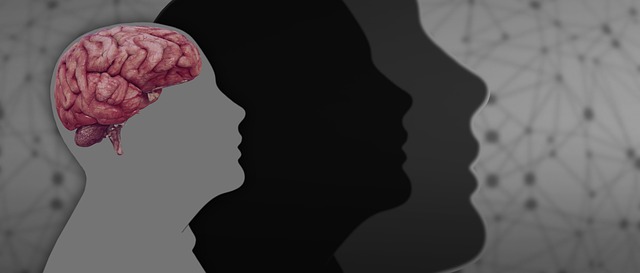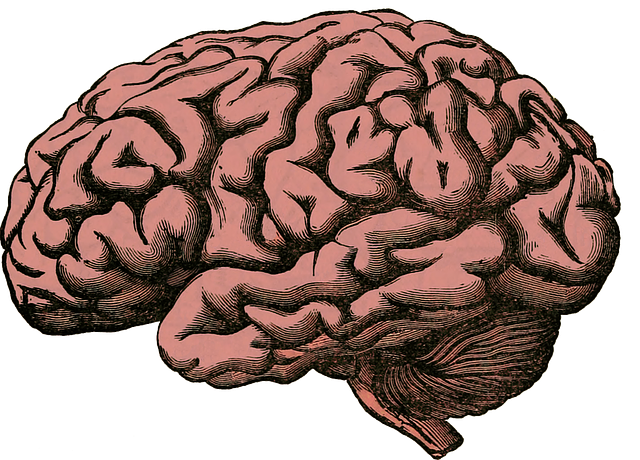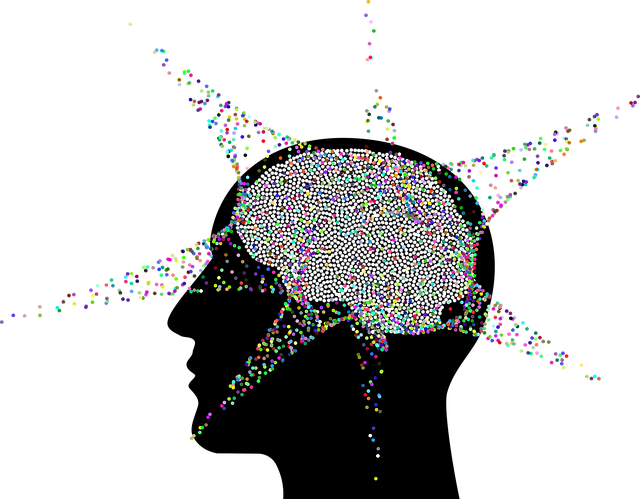Centennial Mindfulness Therapy offers a comprehensive, transformative program combining Mind Over Matter principles with stress reduction techniques like meditation and yoga. This holistic approach educates individuals on managing mental health proactively, improving resilience, and fostering emotional well-being through self-care practices and present-moment awareness. Their multi-faceted assessment strategy ensures continuous improvement, making the program impactful in navigating life's challenges with grace and inner peace.
Mental health is a vital aspect of overall well-being, yet it often goes overlooked. This article explores the design of an educational program aimed at addressing this gap, focusing on the power of Centennial Mindfulness Therapy. We delve into the necessity of such programs, highlighting their potential to transform lives. Key components for effectiveness are outlined, emphasizing practical techniques. By implementing these strategies, communities can foster resilience and improve mental health outcomes, marking a significant step forward in holistic education.
- Understanding the Need for Mental Health Education
- Key Components of an Effective Program
- Implementing Centennial Mindfulness Therapy Techniques
- Measuring Success and Continuous Improvement
Understanding the Need for Mental Health Education

In today’s fast-paced world, mental health awareness is more critical than ever. The relentless nature of modern life often leaves individuals grappling with stress, anxiety, and other mental health challenges. This is where Centennial Mindfulness Therapy steps in as a game-changer. By integrating Mind Over Matter principles, the program equips people with essential tools to navigate their mental health journeys effectively. Mental health education goes beyond mere awareness; it empowers individuals to manage their well-being proactively.
The need for such programs is evident in the increasing prevalence of mental health disorders globally. Stress reduction methods and self-awareness exercises, core components of Centennial Mindfulness Therapy, offer a sanctuary from the hustle and bustle of daily life. They enable individuals to tap into their inner resources, fostering resilience against external pressures. This proactive approach to mental health education ensures that folks can dance through life’s metamorphosis with grace and indelible peace, rather than being swept away by its currents.
Key Components of an Effective Program

An effective mental health education program should incorporate a holistic approach, focusing on various interconnected aspects to foster overall well-being. Centennial Mindfulness Therapy emphasizes the importance of balancing mind and body, which is crucial for long-lasting mental resilience. The program design should include interactive sessions that introduce proven stress reduction methods, encouraging participants to explore techniques like meditation, deep breathing exercises, and yoga. These practices not only help in managing daily stresses but also cultivate a sense of calm and awareness.
Additionally, the curriculum should delve into mind over matter principles, teaching individuals how their thoughts and perceptions shape their emotional state. By understanding cognitive biases and reframing negative thought patterns, participants can gain a powerful tool for enhancing mental flexibility and resilience. Equally important are components focusing on self-care practices, promoting activities that nurture physical and psychological health, such as regular exercise, healthy eating, adequate sleep, and engaging in hobbies or social connections.
Implementing Centennial Mindfulness Therapy Techniques

Implementing Centennial Mindfulness Therapy techniques can significantly enhance mental health education programs, fostering a holistic approach to well-being. This ancient practice, adapted for modern contexts, teaches individuals how to cultivate present-moment awareness and non-judgmental acceptance of thoughts and feelings. By integrating these techniques into educational curricula, schools, workplaces, and communities can promote better stress management, improved emotional intelligence, and enhanced communication strategies—all essential components of mental health awareness.
Centennial Mindfulness Therapy encourages active participation through meditation exercises, mindful breathing, and sensory-based practices, enabling individuals to develop a deeper understanding of their minds and emotions. These practices not only support the development of resilience but also foster empathy, compassion, and effective communication, which are crucial in navigating interpersonal relationships and managing challenging situations. By equipping individuals with these skills, mental health education programs can empower them to take charge of their emotional well-being and create more supportive, inclusive environments.
Measuring Success and Continuous Improvement

Measuring success and fostering continuous improvement are vital components of any effective mental health education program. At Centennial Mindfulness Therapy, we employ a multi-faceted approach to assessment, combining quantitative data with qualitative feedback from participants. This comprehensive strategy allows us to track individual progress and identify areas for enhancement within the program curriculum.
Through regular evaluations, we monitor key performance indicators (KPIs) such as self-esteem improvement, coping skills development, and adoption of self-care practices. These metrics provide valuable insights into the program’s impact on participants’ well-being. Additionally, gathering feedback from attendees offers a deeper understanding of their experiences, enabling us to make data-driven adjustments and ensure the program remains relevant and impactful over time.
In designing mental health education programs, it’s clear that integrating Centennial Mindfulness Therapy techniques is a powerful strategy. By understanding the need for such initiatives, incorporating key components like interactive workshops and peer support, and regularly measuring success through feedback and data, we can create impactful programs that foster resilience and well-being. Centennial Mindfulness Therapy offers practical tools to navigate life’s challenges, ensuring individuals leave the program equipped with skills to enhance their mental health and overall quality of life.












